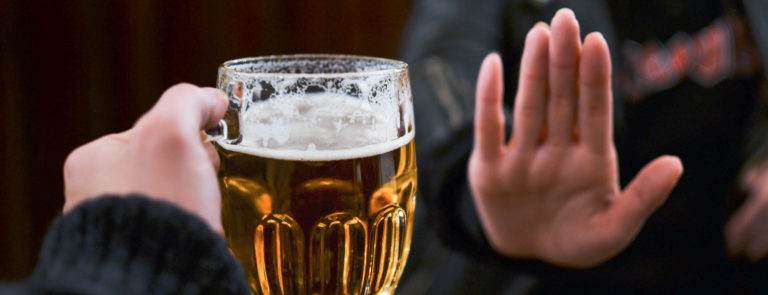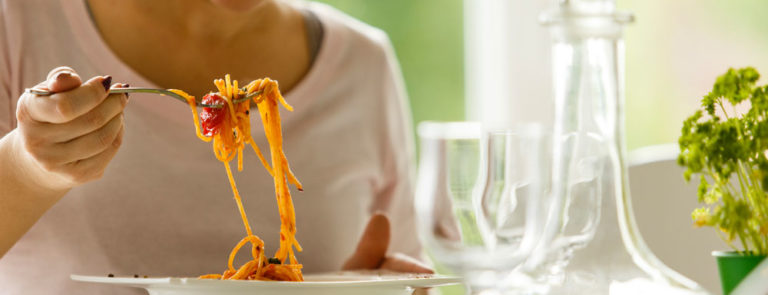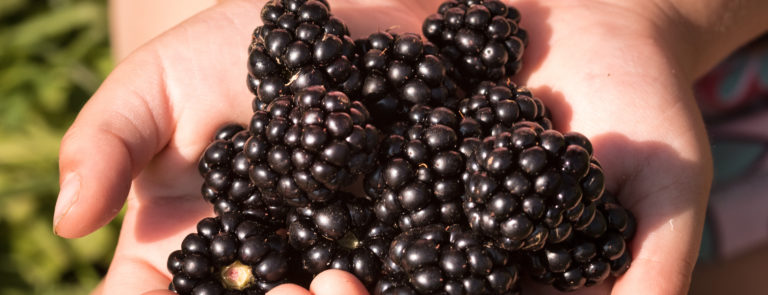Many of us regularly consume alcoholic drinks such as beers, spirits and wine, without really knowing exactly how many units of alcohol are being poured into each glass.
Alcoholic drinks contain a substance called ethanol.
This is formed when yeast ferments and is one of the most commonly misused substances, with unhealthy short and long term consequences, when consumed to excess.
Dry January is a campaign by Alcohol Change UK.
1 It challenges people to not drink alcohol for a whole month, following the excesses of the festive season that precedes it.
Millions now take part in Dry January and have had life-changing experiences as a result.
So could Dry January work for you?
What are alcohol units?
Alcohol units were first introduced in the UK in 1987, to help people to control the amount they drink.
2
It is particularly important to pay attention to the number of these units in a drink since the misuse of alcohol can ultimately lead to an alcohol addiction as well as other health related issues.
One unit of alcohol equals 10ml of pure alcohol.
And it is recommended that men and women should not drink more than 14 units in a week.
3
But glasses and bottles come in various shapes and sizes and the strength of beer, for example, can vary significantly from brand to brand.
It is therefore not always easy to calculate exactly how many units are in your wine, beer, cider.
However,
unit calculations on the standard small, medium and large glasses as well as 750ml bottles and pints are available.
You can also make use of online calculators to find out how many units you are consuming for your particular drink.
4
How to stop drinking alcohol
Giving up alcohol – or at least reducing the amount you consume - is a positive step forward to leading a healthier lifestyle.
You may wish to view removing alcohol from your life as part of a positive change, rather than a negative punishment.
It can be difficult to go teetotal (abstain from alcohol) instantly, so you could try reducing your alcohol intake at first.
You can do this by choosing drinks with low units and creating a realistic plan to follow and stick to.
Gradually, you will be able to moderate the alcohol levels you consume.
If you thrive on camaraderie and doing things in a group, you could try Dry January with friends, as you will be taking part in this with millions of others across the UK.
For more tips on how to stop drinking, check out our guide which also helps you to identify the
signs that you may be drinking too much alcohol.
What are the alternatives to alcohol?
If you are struggling to give up the habit of having a drink out with friends, there are plenty of non-alcoholic drinks, such as non-alcoholic beer, wine and mocktails which provide a similar look and taste, whilst also offering a healthier option.
Mocktails or alcohol-free infusions are a great choice to get creative and mix different fruity flavours.
Why not make your own experimental, delicious recipe? If you need inspiration, check out our guide on ‘How to make your own mocktails’.
And if you need something to get you in a party mood at Christmas and New Year, there are lots of
festive alcohol free cocktail recipes out there for you to choose from.
What are the benefits of giving up alcohol?
Drinking too much alcohol can lead to long-term diseases, such as liver and heart disease.
Other symptoms, such as your hands shaking frequently, insomnia and hallucinations, can all be due to overdrinking.
5
Giving up alcohol can often help to reduce your suffering from these side effects.
Being sober can also help to support your immune system. Many drinks served at bars and restaurants, such as cocktails, also include high levels of sugar.
By reducing your drinking, you could be lowering your sugar intake, which is also beneficial for your body’s normal healthy function and maintenance of a healthy weight.
Having a balanced diet, exercising daily and watching your weight are all essential to leading a healthy life.
Too much alcohol can damage vital organs such as your liver. And since the body cannot store alcohol, it takes a while for the system to process it.
For more information about how to look after your liver, check out our guide on
giving your liver some natural support.
What should I do if I drink too much and can’t stop?
If you feel that you have become addicted to alcohol and you want to stop, there are a number of ways in which you can get further support, including therapy or counselling.
There are also several organisations you can call for advice and support, including Alcoholics Anonymous, We are With You and Adfam.
6
For severe cases of alcoholism, there is the option of receiving treatment through a rehabilitation centre.
If you are concerned about your alcohol intake, you should contact your health professional or GP for further advice and personalized support on how best to give up alcohol.
Shop Alcohol Free Drinks
Last updated: 11 December 2020
Sources
1
https://alcoholchange.org.uk/get-involved/campaigns/dry-january
2
https://www.nhs.uk/live-well/alcohol-support/calculating-alcohol-units/
3
https://www.nhs.uk/live-well/alcohol-support/calculating-alcohol-units/
4
https://alcoholchange.org.uk/alcohol-facts/interactive-tools/unit-calculator
5
https://www.nhs.uk/conditions/alcohol-misuse/
6
https://www.nhs.uk/live-well/alcohol-support/



